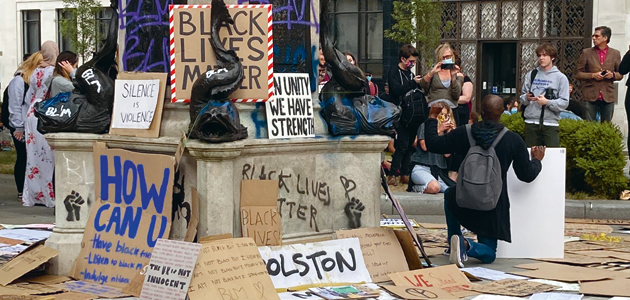‘It feels necessary to acknowledge this unattractive aspect of Quaker history.’
Minding our own business: Friends should acknowledge our history as slave traders, says Julia Bush

As Bristol Quakers we are proud of the role which our antecedents played in the abolition of slavery. It is a well-known fact that Quakers were at the forefront of the British abolition movement from the 1780s onwards. Meeting for Sufferings pledged its opposition to the slave trade in 1783 and many members of the first national abolition committee were Quakers. It is also widely known that Bristol was Britain’s leading slave port in the first half of the eighteenth century. But some Friends may be surprised to learn how many local Quaker fortunes were the direct or indirect outcome of links to slavery. In response to Black Lives Matter, and after the removal of the statue of Edward Colston, it feels necessary to acknowledge this unattractive aspect of Quaker history.
You need to login to read subscriber-only content and/or comment on articles.
